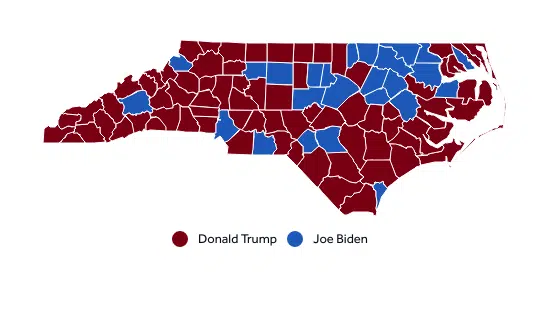By Rebekah Rast –
The environmentalists have been having a heyday with carbon dioxide lately.
The Environmental Protection Agency (EPA) labeled it a pollutant, thus leading it to change the way the Clean Air Act applied to CO2 levels in the atmosphere. Carbon Dioxide was blamed for global warming, now, climate change. And now this basic element of life is being blamed for disrupting life under the sea.
The term is “ocean acidification” and National Resources Defense Council (NRDC) environmentalists say the increased levels of carbon dioxide will start to kill off coral reef and fish, thus destroying the underwater ecosystem.
These environmentalists blame the increased levels of CO2 in the atmosphere, released from vehicle emissions, power plants and other fossil fuels, for causing changes in the acidity levels in the ocean. Groups like NRDC claim that changes in pH levels in the ocean mean grave consequences for coral reefs, fish and other sea life.
More specifically, a Washington Post article states, “Scientists expect ocean pH levels to drop by another 0.3 units by 2100, which could seriously damage marine creatures that need calcium carbonate to build their shells and skeletons. Once absorbed in seawater, carbon dioxide forms carbonic acid and lowers ocean pH, making it harder for corals, plankton and tiny marine snails (called pteropods) to form their body parts.”
But not everyone is buying into this research. David Middleton, a geoscientist, explains in his article, “Ocean Acidification: Chicken Little of the Sea Strikes Again,” that he has found no correlation between pH and reef calcification rates. In fact, he found solid evidence that elevated atmospheric CO2 levels have actually caused carbonate deposition to increase over the last 220 years. Meaning that sea life, including coral reef, are able to adapt to changes in CO2 levels without succumbing to any dire consequences.
Despite the controversies within ocean acidification and questions as to whether it is detrimental to sea life or not, isn’t stopping some from calling for stricter regulations of C02 emissions.
An article in the Washington Examiner states, “According to a 2009 statement by Britain’s Royal Society, co-signed by Dr. James Hansen, of NASA’s Goddard Center, and Dr. Mark Spalding of The Nature Conservancy: ‘Proposals to limit CO2 levels to 450ppm will not prevent the catastrophic loss of coral reefs from the combined effects of global warming and ocean acidification. To ensure the long‐term viability of coral reefs the atmospheric CO2 level must be reduced significantly below 350ppm.’ ”
The EPA has already agreed to explore tightening regulations dealing with ocean acidification under the Clean Water Act. But any meaningful regulations may still be a ways off.
A lack of baseline information on the pH of coastal waters is one stumbling block, according to the Christian Science Monitor. The article goes on to state, “that only three sites currently have data on ocean pH that span a sufficient amount of time to be useful to regulators and at a minimum, regulators would need at least a decade’s worth of data at each of dozens of sites along a coastline to be able to confidently detect trends.”
This is good news for Middleton, who says in his article regarding the claims of ocean acidification killing off marine life that, “Once again, we have an environmental catastrophe that is entirely supported by predictive computer models and totally unsupported by correlative and empirical scientific data.”
Bill Wilson, president of Americans for Limited Government (ALG), thinks this is just another path where the EPA can gain a foothold into further regulating America’s basic energy creators, like the coal industry and other fossil fuels.
“Environmentalists are looking for any way they can to stifle America’s energy base in an effort to drive their own agenda,” he says. “There is clearly not enough evidence to support their claims that too much CO2 damages marine life. This is just another scare tactic they’ve found useful, much like the debunked global warming threat.”
As environmentalists fight on to limit carbon dioxide emissions, now in an effort to save coral reef, Americans have a right to be skeptical of their science. After all, most noticed the quick name change from global warming to climate change after ideas of global warming went awry.
It makes you wonder what or who carbon dioxide will strike next. But with a FY 2011 budget request of $437 million for climate research by the National Oceanic and Atmospheric Administration (NOAA), it is likely they’ll find the next victim.
Rebekah Rast is a contributing editor at Americans for Limited Government (ALG) News Bureau. You can follow her on Twitter at @RebekahRast.







